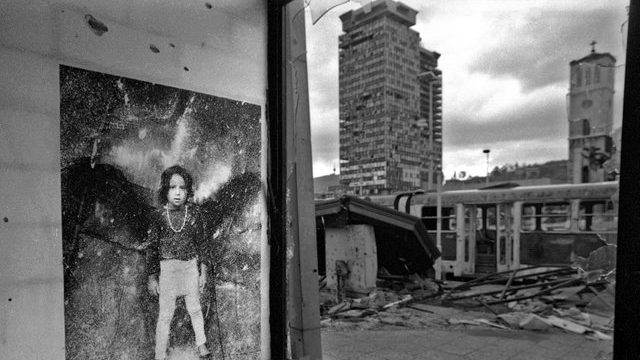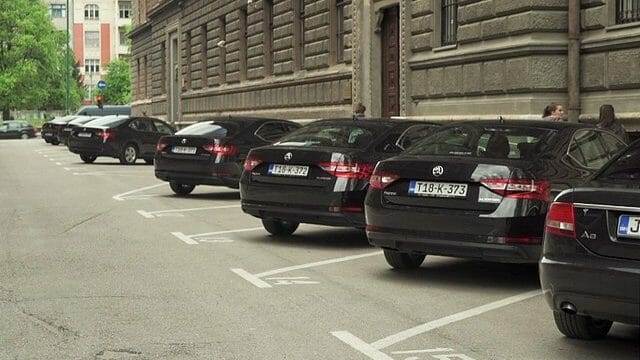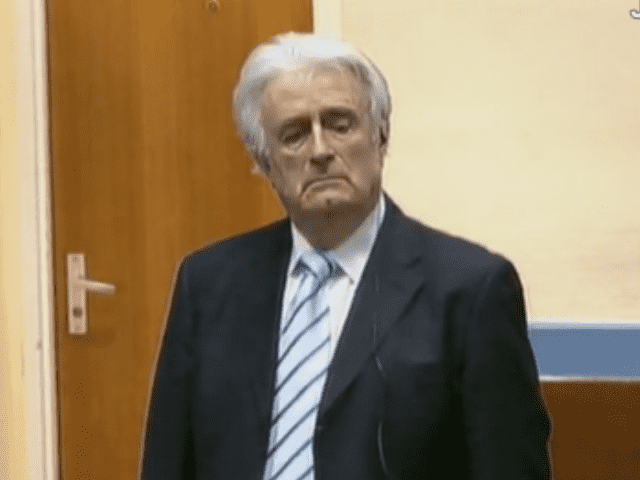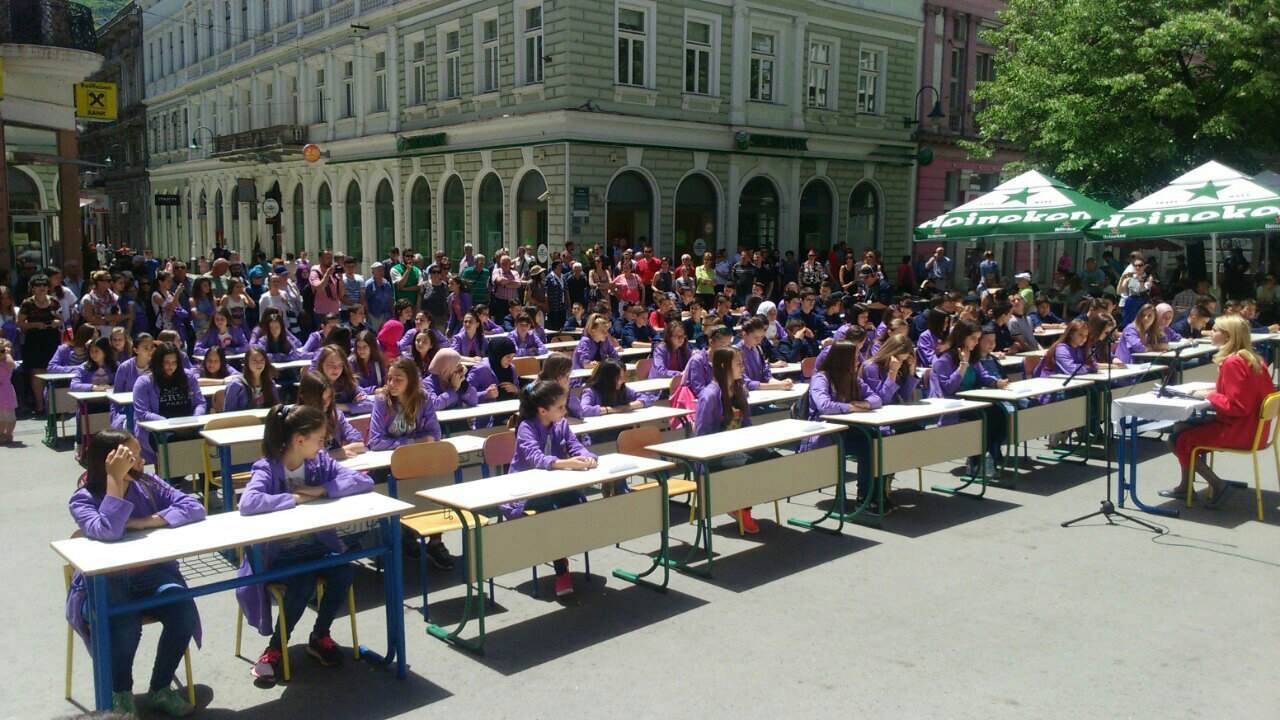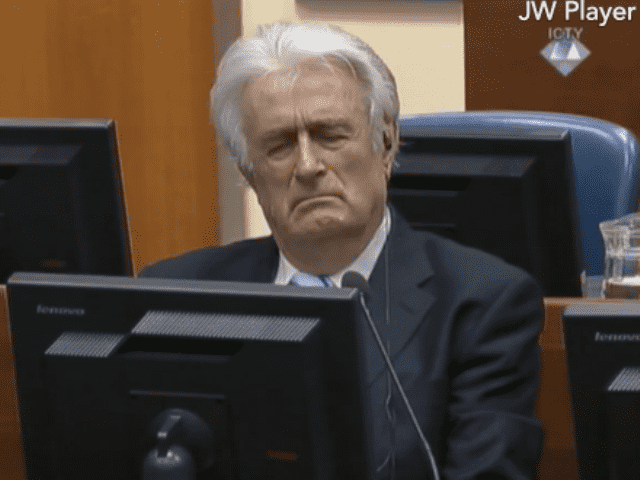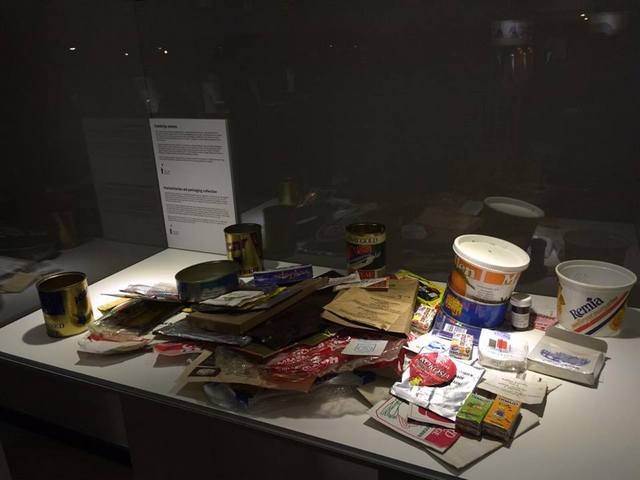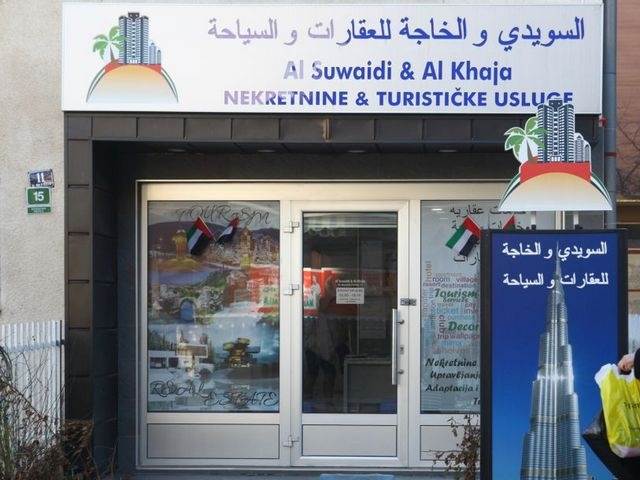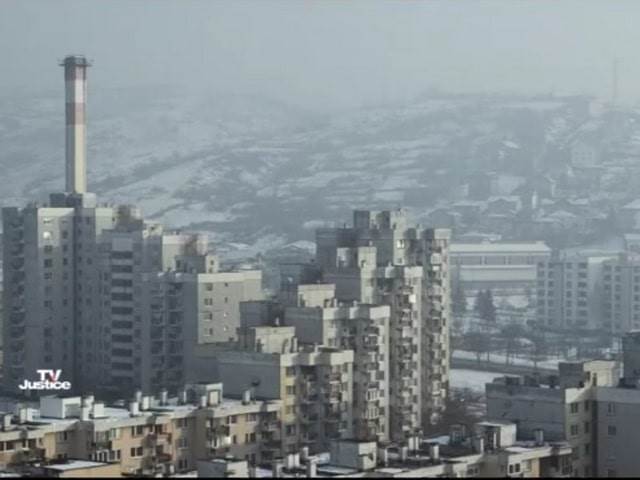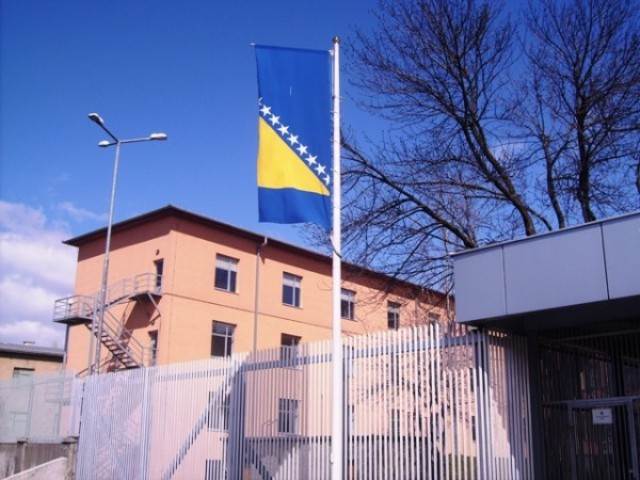More than 20 years after the end of the war in Bosnia and Herzegovina, tourists visiting Sarajevo are most interested in the city’s siege, the longest in modern history.
U tenderima za nabavku službenih automobila u bh.
The UN war crimes court in The Hague rejected a request from the defence of former Bosnian Serb President Radovan Karadzic to grant him temporary release.
Several hundred people gathered in Prijedor to remember May 31, 1992, when the Bosnian Serb authorities ordered all non-Serbs to mark their houses with white flags or sheets.
The UN war crimes court pays around $1,000 a day to US lawyer Peter Robinson while he is working on former Bosnian Serb President Radovan Karadzic’s appeal against his conviction.
A group of Sarajevo residents is developing a museum devoted to childhood during wartime to preserve the mementoes and memories of Bosnians who grew up during the 1990s conflict.
Porast turističkih posjeta Bosni i Hercegovini gostiju iz arapskih zemalja, koji odnedavno najavljuju i višemilionska investicijska ulaganja, zabrinjava bh.
Almost a quarter-century on from the attack on the JNA convoy in Sarajevo, relatives of those killed in it feel bitter that so little has been done to determine responsibility.
The Bosnian prosecution filed an indictment against ex-soldier Milenko Krsmanovic, accusing him of planning the murder of a lawyer from Sarajevo to prevent him from testifying in court.
The Bosnian prosecution filed an indictment against ex-soldier Milenko Krsmanovic, accusing him of planning the murder of a lawyer from Sarajevo to prevent him from testifying in court.

